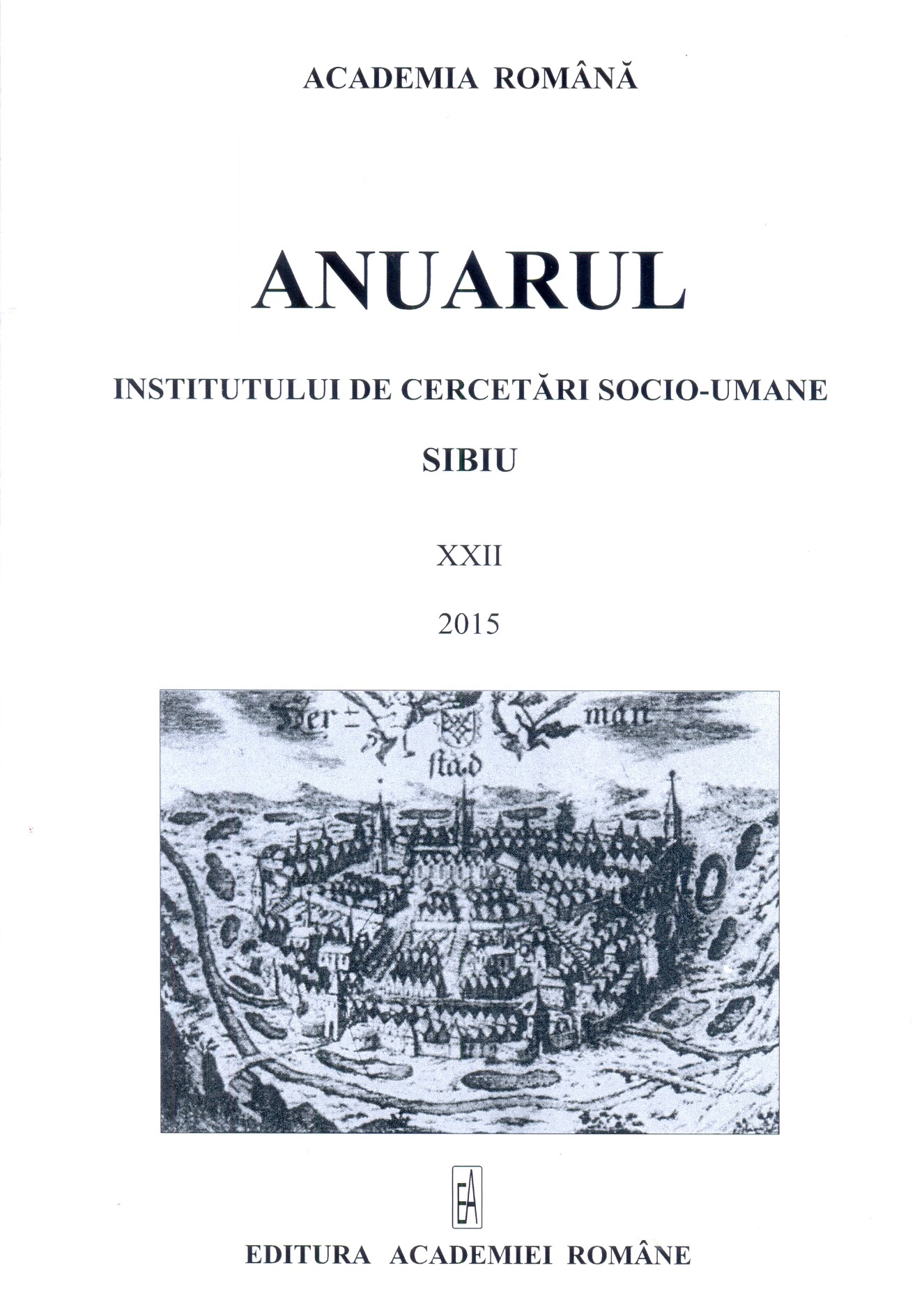Elita germanilor din România în comunism. Studiu de caz: Comitetul Antifascist German – Regionala Stalin
The Germans’ Political Elite in Romania’. Case Study: The German Antifascist Committee – Stalin Region
Author(s): Sorin EneSubject(s): Political history, Post-War period (1950 - 1989), History of Communism
Published by: Editura Academiei Române
Keywords: German minority; political isolation; The German Antifascist Committee; denazification; polical enrollment;
Summary/Abstract: The German Antifascist Committee/G.A.C. (Deutsche Antifaschistische Komitee/ D.A.K.), was founded on the 13.02.1949, at the suggestion of Gheorghe Gheorghiu-Dej, on the basis of the Resolution of the Plenary Session of the Central Committee of the Romanian Workers’ Party (R.W.P.) from the 10-11.06.1948 and the Resolution of the Politburo of the P.M.R. Central Committee on the 11.12.1948. Furthemore, Emmerich Stöffel, a member of the Romanian Communist Party (R.C.P.) since illegality, was entitled to set up the G.A.C. Shortly after its foundation, the G.A.C. established its headquarters in Bucharest and opened branches in the towns of Braşov, Reşiţa and Timişoara, lacated in areas populated by large communities of German ethnics. The leadership of the G.A.C. was provided by Party members since illegality who had distinguished themselves trough their activism in the Stalin region: Filip Geltz, a future minister and member of the Grand National Assembly (G.N.A.), a member of the Presidium of the G.N.A., the vice president of the Central Union of the Consumption Cooperatives (CENTROCOOP); Anton Breitenhofer, responsible for the G.A.C., Neuer Weg newspaper coming out; Mihai Schuster, the future vice president of the People’s Council of the Stalin Region and Magdalena Zorca, a future deputy in the G.N.A. and the vice president of the People’s Town Hall in Sibiu etc. The main task of the G.A.C. were the denazification and the political enrollment of the Germans living in Romania, in order to take them aut of their isolation and make them join the major part of the population and the order minorities, who where building the socialism.Assigned duties have been fulfilled, but the dissolution of the G.A.C in the 1953, the Hungarian Revolution of 1956 and the beginning of emigration towards the Federal Republic of Germany led to the failure of the R.W.P. in the national German issue.
Journal: Anuarul Institutului de Cercetări Socio-Umane Sibiu
- Issue Year: XXII/2015
- Issue No: 22
- Page Range: 42-50
- Page Count: 9
- Language: Romanian
- Content File-PDF

